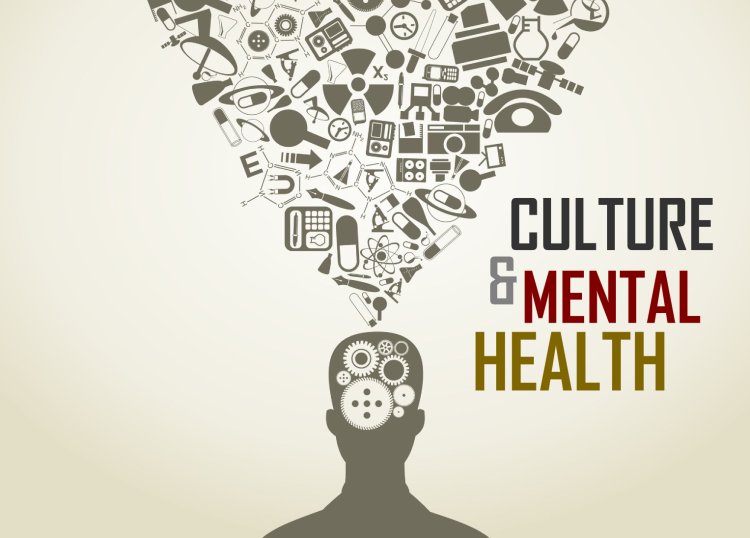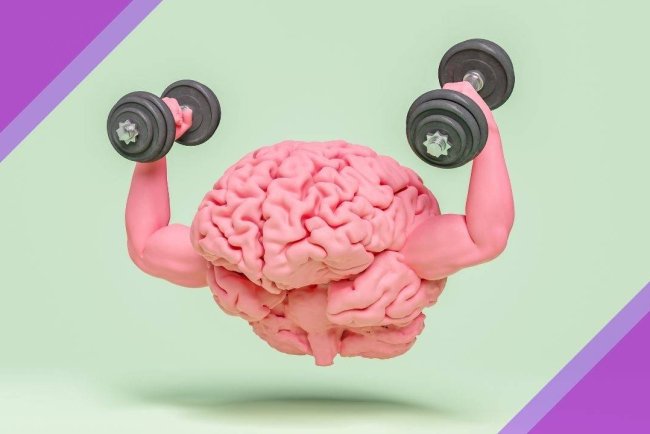Cultural Perspectives on Mental Health: Navigating a Tapestry of Well-Being
Explore diverse Cultural Perspectives on Mental Health in this comprehensive article. Gain insights, expert opinions, and answers to FAQs, fostering a deeper understanding of this vital aspect of well-being.

Introduction
FAQs
What's Your Reaction?





















